Indie PC Games on the Brink?
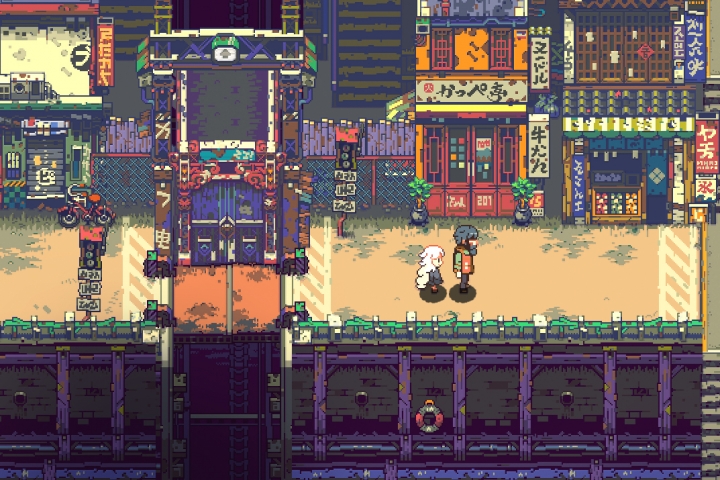
The world of indie PC gaming has always been a vibrant, unpredictable ecosystem fueled by passion, creativity, and, let’s be honest, a healthy dose of ramen-fueled late nights. But recently, a storm brewed within this community, threatening to upend the delicate balance that allows these studios to thrive. That storm? Unity’s proposed (and subsequently modified) runtime fee policy. As a seasoned game programmer who’s seen the indie landscape evolve, I’m here to break down what this all means for you, the PC gamer who cares about the future of independent game development.
An indie developer grappling with the implications of the Unity runtime fee.
The Unity Runtime Fee: A Ripple Effect on Indie Profits
Let's cut to the chase: the original runtime fee, even in its modified form, sent shivers down the spines of many indie developers. The idea was that studios using Unity would pay a fee for each install of their game after reaching certain revenue and install thresholds. While the specifics have shifted, the underlying concern remains: unpredictable costs can cripple small studios.
To illustrate this, let's consider a few hypothetical scenarios:
Scenario 1: Pixel Art RPG Success. Imagine a charming pixel art RPG developed by a team of three. They pour their hearts and souls into it and manage to sell 10,000 copies at $15 each. That's a respectable $150,000 in revenue. Under the initially proposed fee structure, even the revised version could eat into their profits, potentially pushing them from a modest success into the red, depending on the final thresholds and fee amounts. A small buffer can make or break an indie game business.
Scenario 2: Strategic Triumph. A more complex strategy game, developed by a slightly larger team, gains traction and sells 50,000 copies at $25. That's a cool $1.25 million! Sounds great, right? But with the runtime fee looming, a significant portion of that revenue could be siphoned off, especially if the game continues to sell well over time. This could discourage updates, new content, or even future projects.
The reality is that indie game development margins are often razor-thin. Every dollar counts. Unforeseen expenses like the runtime fee can be catastrophic. Even though Unity has adjusted the policy, the initial shock and lack of trust have led many to explore alternatives.
Beyond Unity: Exploring the Indie Engine Alternatives
The silver lining in all this is that the indie community is resourceful and adaptable. The proposed Unity fees forced many developers to seriously consider alternative game engines, most notably Godot and Unreal Engine.
Godot: The Open-Source Darling. Godot is a free and open-source game engine that has gained massive popularity. Its advantages are clear: no royalties, a permissive license, and a growing community. It's particularly well-suited for 2D games, but its 3D capabilities are rapidly improving.
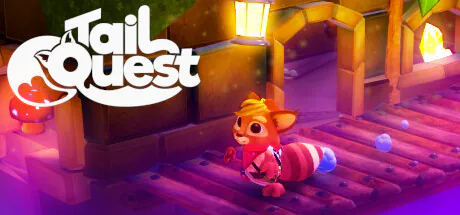
A beautiful indie game made with Godot showcasing its potential.
Unreal Engine: The AAA Powerhouse. Unreal Engine is known for its stunning visuals and powerful toolset, often used for AAA games. While it comes with a 5% royalty after exceeding a certain revenue threshold (typically $1 million), the threshold is high enough that many indies won't be affected, or will gladly pay the royalty for the engine’s vast resources.

The indie dev community is incredibly collaborative and resourceful, exploring all options.
The Cost of Switching: Engine switching mid-project is a daunting task. It can be a technical nightmare, requiring significant code rewrites, asset conversions, and a steep learning curve for the new engine. For a PC-focused indie title, the estimated porting costs can range from $5,000 to $50,000+, depending on the complexity of the game. The learning curve can add weeks or even months to the development timeline. However, in some cases, the long-term benefits of a more stable or cost-effective engine outweigh the short-term pain.
Spotting At-Risk Games and Supporting Indie Devs
So, how can you, as a PC gamer, identify games that might be affected by these changes and support the developers behind them? Here are a few things to look for:
Developer Communication: Keep an eye on developers' social media channels, Steam forums, and blog posts. Many developers have been vocal about their concerns regarding the Unity runtime fee. Look for expressions of worry, potential delays, or changes in project scope.
Early Access Support: Consider supporting games in Early Access. This provides developers with crucial funding and feedback during development.
Direct Support: Many developers offer direct support options through platforms like Patreon, Ko-fi, or even direct donations. Every little bit helps!
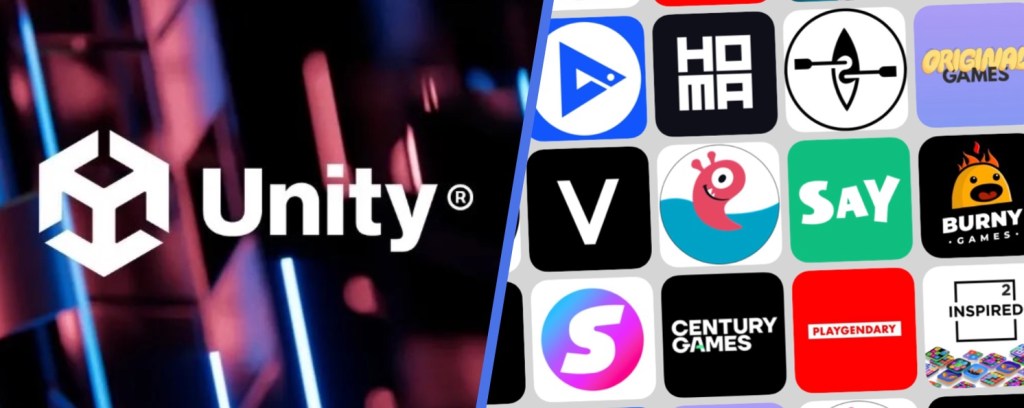
A visual comparison of costs between different game engines for an indie project.
Remember, indie game development is a labor of love. Your support, whether through purchasing games, providing feedback, or offering direct financial assistance, can make a real difference.
The Future of Indie PC Games: Diversification or Domination?
What does the future hold for indie PC game development in light of these changes? It's likely that we'll see a diversification of engines used. While Unity will likely remain a significant player, the rise of Godot and the continued power of Unreal Engine will provide developers with more viable alternatives.
Here's a quick look at some data points:
Unity's Market Share: While exact figures are difficult to pin down, estimates suggest that Unity powers a significant portion of indie PC games on Steam. Some surveys put this number as high as 50% or more. (Further research is needed to cite specific sources.)
Indie Game Success Stories (Unity): Games like Hollow Knight (Team Cherry) and Cuphead (Studio MDHR) were made with Unity and achieved massive success, generating millions in revenue. Among Us (Innersloth), a massive indie success, was also built with Unity and has had a wild ride to success.
Developer Concerns: Many developers have voiced concerns about Unity's policy changes. For example, Aggro Crab, the developers of Another Crab's Treasure, publicly stated they were evaluating alternatives. (Link to their statement if publicly available - needs research)
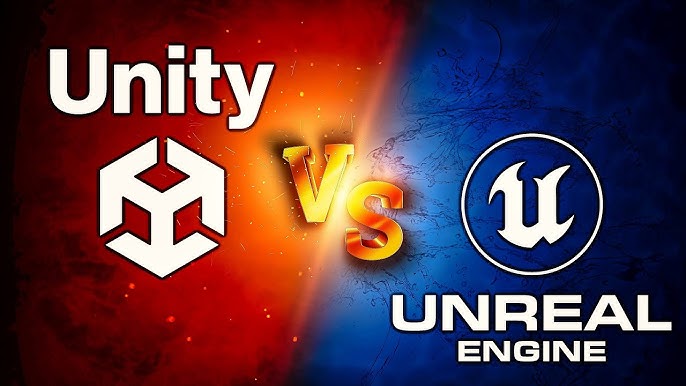
A showcase of various visually striking indie game releases
The long-term outlook depends on several factors, including Unity's future policies, the continued development of alternative engines, and, most importantly, the support of the PC gaming community.
Protecting the Indie Spirit
Ultimately, the health of the indie PC gaming scene relies on all of us. By being informed, supporting developers directly, and embracing the diverse range of games available, we can help ensure that the indie spirit continues to thrive. Keep exploring, keep supporting, and keep playing! This journey will likely have dips and dives as the indie community searches for stability. But there are many options to continue providing the community with stellar and unique content.
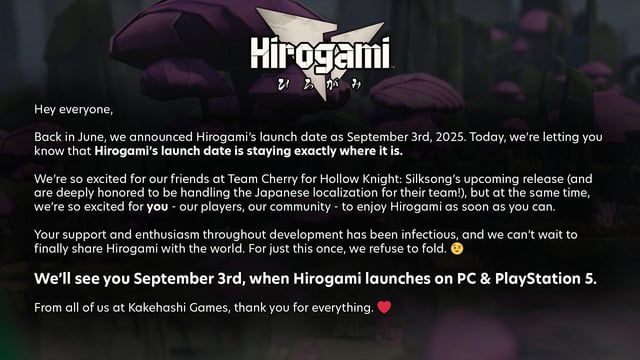
A compilation of screenshots showing the variety and creativity possible in indie games.
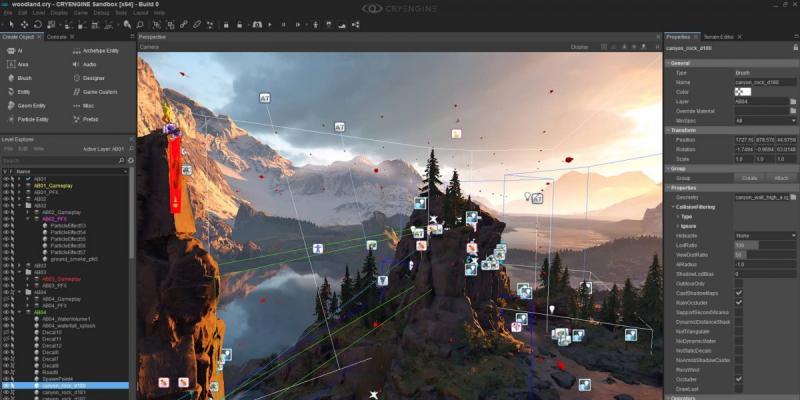
Indie games can provide a sense of artistic freedom.
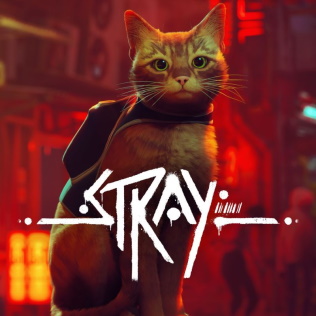
The Unity logo